Do you often feel extremely tired even after a peaceful sleep? Or do you suddenly experience a blackout in the middle of the day? If you experience these conditions often it means your red blood cell (RBC) count is low.
Red blood cell structure is very simple compared to other cell types as they have no organelles. RBC is responsible for transporting oxygen to a different part of the body and when its count is low, your body has to work harder to deliver oxygen throughout the body.
How Does Hemoglobin In Our Body Works?
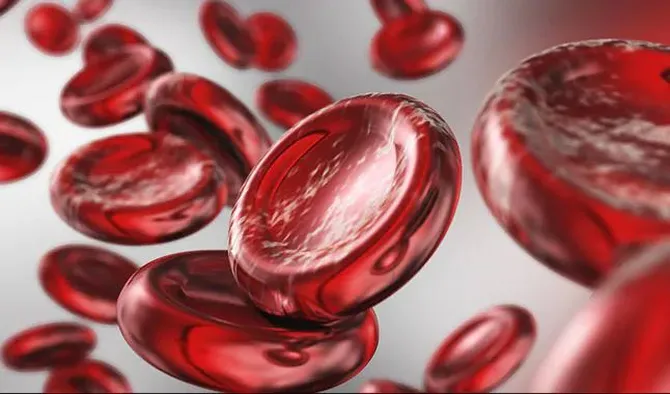
The key function of red blood cells is the transport of oxygen from the lungs to the body’s cells. RBCs contain a protein known as hemoglobin that is responsible for carrying oxygen in order to ensure that the living cells are performing well. It is said that 97 percent of the oxygen carried by the blood from the lungs is carried through hemoglobin and the other three percent is dissolved by the plasma.
Iron Rich Foods Should Be Your Priority
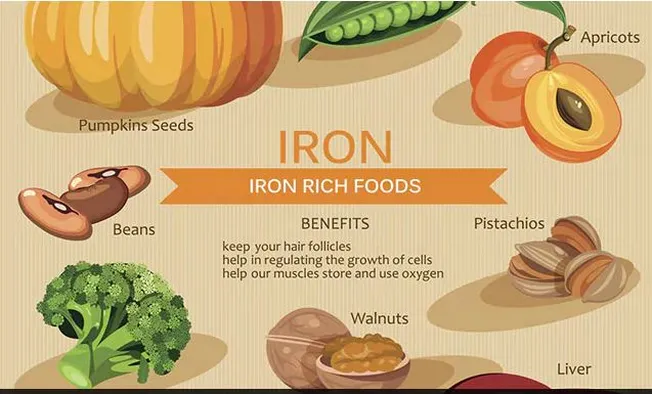
As per the NAAC, iron deficiency is one of the most common causes of low hemoglobin levels. The RDA for iron are:
For adult males (19 to 50 years), it is eight milligrams; while for adult females (19 to 50 years), it is 18 milligrams.
Therefore, it is important to load up iron-rich foods like pulses and beans, fish, and dry fruits. These are the 9 supplements that increase RBC :
- Pomegranate
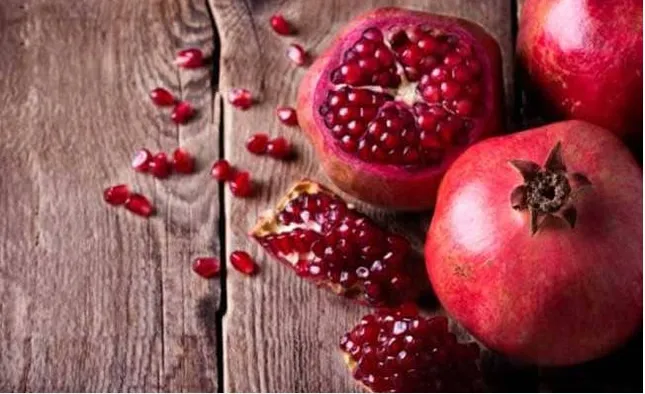
Drink pomegranate juice daily in order to ensure your hemoglobin levels are at par. Pomegranate is a rich source of both calcium and iron along with protein and carbohydrates. It is one of the best foods to increase hemoglobin; thanks to the exceptional nutritional value it has.
- Dates
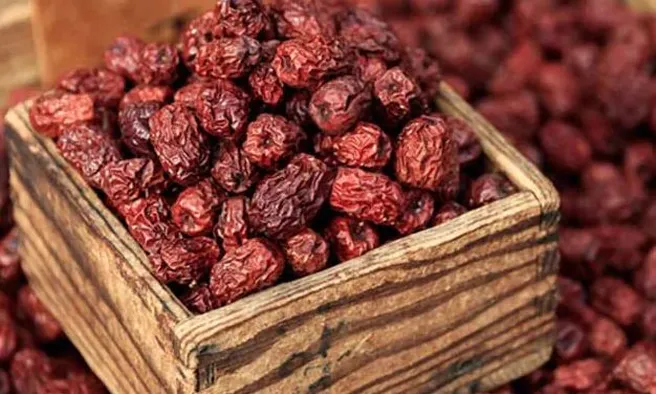
Apart from the fluorine that keeps your teeth healthy, dates also contain iron, which is highly recommended for those who suffer from iron deficiency. Severe iron-deficiency anemia may cause fatigue or tiredness, shortness of breath, or chest pain.
- Beetroots
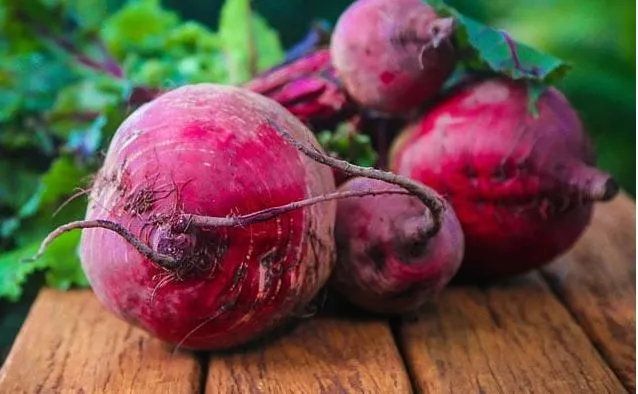
Drink beetroot juice every day to ensure a healthy blood count. Beets contain potassium, phosphorous, calcium, sulfur, iodine, iron, copper, carbohydrate proteins, fat, Vitamin B1, B2 niacin, B6 Vitamin P, and Vitamin C.
Beetroot is one of the best ways to increase hemoglobin levels. It is not only high in iron content but also folic acid along with potassium and fiber.
- Legumes
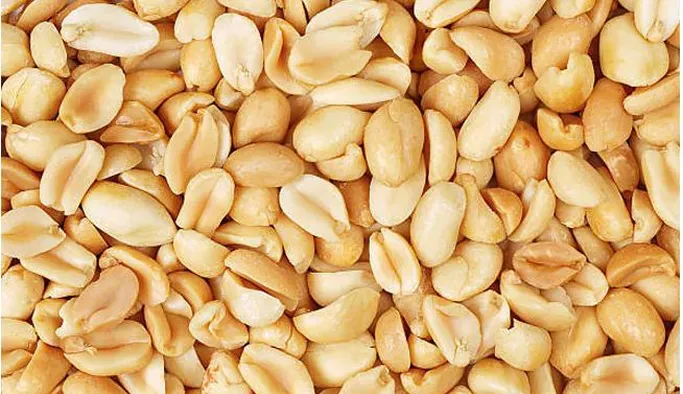
Legumes like lentils, peanuts, peas and beans can also help increase hemoglobin levels significantly. Beans and legumes are reasonably priced food items that are beneficial for a healthy heart. Apart from being rich in protein, beans and legumes are also good sources of potassium and fiber. Their iron and folic acid content help boost the production of red blood cells in the body.
- Pumpkin Seeds
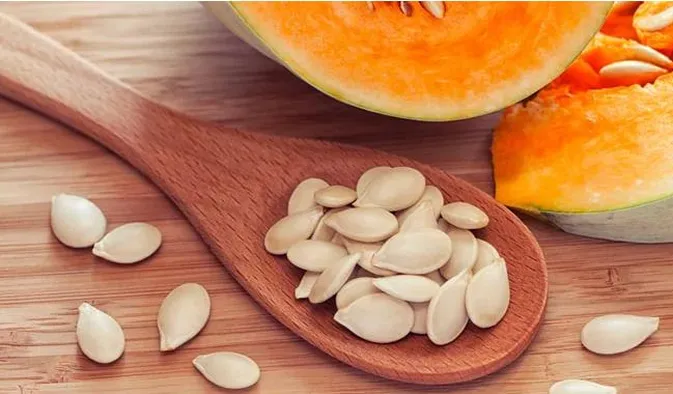
Pumpkin seeds may be small in size but they are packed full of vitamins, minerals and other nutrients. These seeds can be easily incorporated into your diet and by including a small amount into your daily foods, you can receive various health benefits.
Pumpkin seeds have sufficient iron, calcium, magnesium, and manganese content. Sprinkle them over salads or in your smoothies; make use of these tiny delights anywhere you’d want to.
- Watermelon
Watermelon is one of the best fruits that helps to increase hemoglobin due to its iron and vitamin-C content that makes the iron absorption process better and faster.
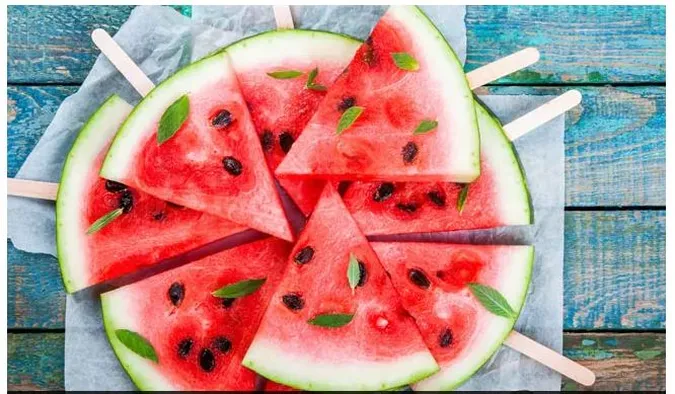
- Vitamin C
Vitamin C deficiency can result in iron deficiency, due to reduced iron absorption. The recommended dietary allowance of vitamin C is 90 milligrams daily for men and 75 milligrams for women.
Just like copper, vitamin C also does not directly affect the production of the RBC but improves the absorption of iron in the body. Having Vitamin C rich foods is especially important when you are having plant-based foods to fulfill your iron intake level.

